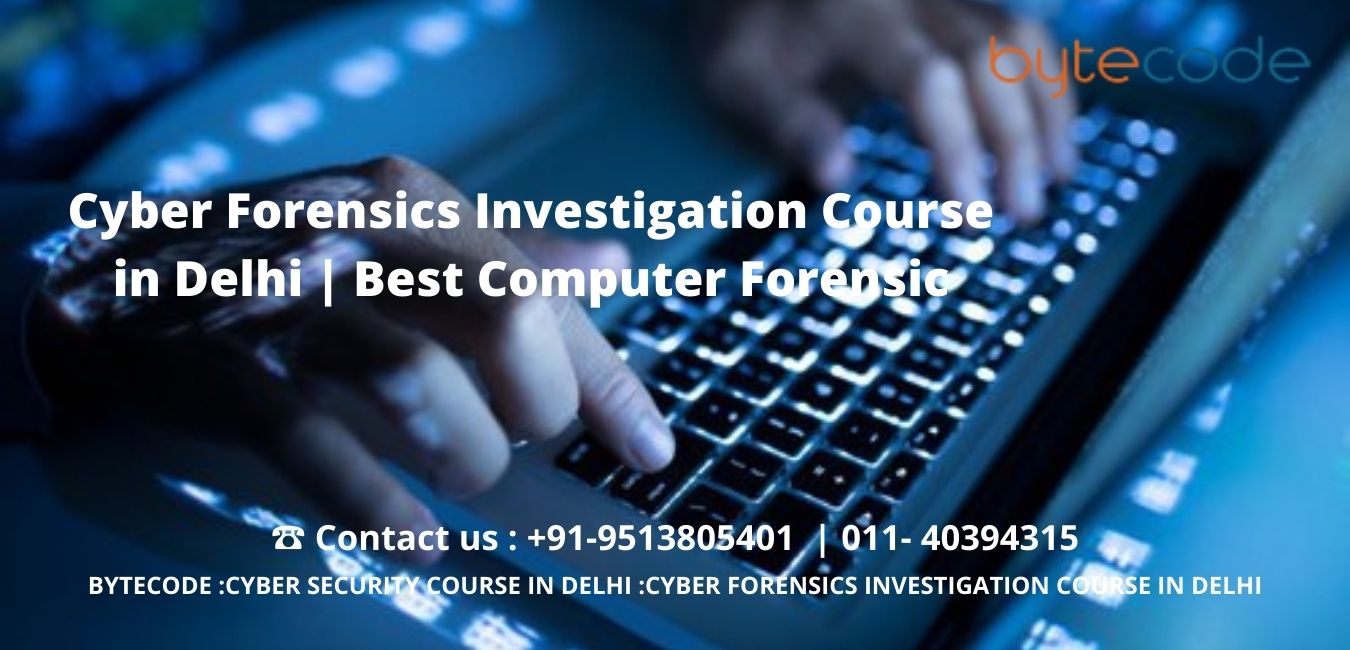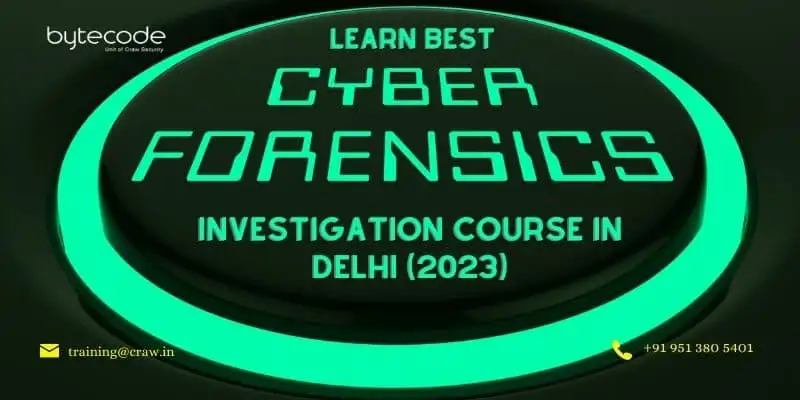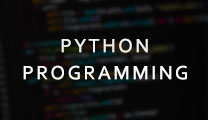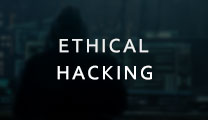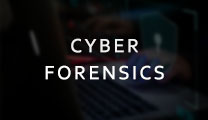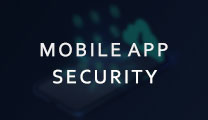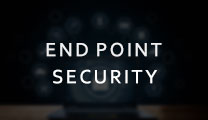What will you Learn in the Cyber Forensics Investigation course in Delhi?
Cyber Forensics Investigation Course in Delhi is meant for those people who want to join the field of Computer forensics. Cyber Forensics Investigation Course in Delhi will start from basics and then cover advanced tools and techniques. Cyber Forensics Investigation Course follows a methodological approach & effective methods for solving the case which is as follows: Cyber Forensics Investigation Course in Delhi will prepare you in the areas of cybercrimes related to case handling, Investigating Techniques, data recovery, damaged/deleted data, or encrypted data. Online Cyber Forensics Investigation Course in Delhi comprises many types of cyber forensics programs which will facilitate individuals to conduct a smooth investigation.
The tools and techniques taught in the Cyber Forensics Investigation course in Delhi include the following problems like the mishandling of confidential data, violation of intellectual property rights, trade secrets stealing, and other types of online fraud. In a Cyber forensics Investigation, an investigator uses different kinds of methods and techniques for faster case resolution.
Cyber Forensics Course | Computer Forensics Course | Digital Forensics Training
A computer forensics investigator might go by a variety of names. A digital forensics investigator, a computer forensics examiner, a computer forensics analyst, or a cyber forensics detective are all terms used to describe a cyber forensics investigator. The task is the same no matter what the title is. The knowledge and capability to perform cyber forensics work are the most critical aspects.
With the rise in hacking occurrences around the world, the demand for computer forensics training and trained professionals has skyrocketed. One of the fastest-growing occupations in the twenty-first century is digital forensics, sometimes known as cyber forensics or computer forensics. It is the process of gathering, securing, analyzing, identifying, and presenting digital evidence. It is a process of collection, safeguarding, analysis, identification, and presentation of digital evidence that can be used in the investigation of technology-related crime for the legal processes.
Our cyber forensics course instructors or investigators have a unique combination of experience, resources, and abilities that are required to offer high-level cyber forensics training. Each instructor has at least ten years of expertise as a cyber forensics investigator in the government, private sector, and military. delivering an advanced cyber forensics course for client needs.
Defining digital evidence and their types
Rules of procuring and safekeeping of evidence
The examination process of evidence
Analysis of Evidence
How to set up a Computer forensics laboratory
How to retrieve data whether it is existing or deleted
Different processes for different devices
Investigating traffic on computer networks
Deleted files recovery
Self-paced Online Learning
Learn Online Cyber Forensics Course
35 days of flexible access to online classes
Learn at your pace from your place
Weekly Content updation
Lifetime access to high-quality live class recordings
24×7 learner assistance and support
Email and Call Support
Certificate of Completion
ENROLL NOW ONLINE THIS COURSE
Instructor-Led Training
Cyber Forensics Training Course
Blended learning delivery model (instructor-led options)
Teaching style modified according to the student’s issues
Develops important personality and career-building skills
Group Discussions
24×7 learner assistance and support
Weekdays / Weekend Classes
UPCOMING BATCH SCHEDULE
Content For Best Cyber Forensics Investigation Course in Delhi
Module 01: What is Computer Forensics
Module 02: Methods by which Computer gets Hacked
Module 03: Computer Forensics Investigation Process
Module 04: Digital Evidence Gathering
Module 05: Computer Forensics Lab
Module 06: Setting up Forensics Lab
Module 07: Understanding Hard Disk
Module 08: File Systems Analysis: Linux/Window/mac
Module 09: Windows File Systems forensics
Module 10: Data Acquisition Tools and techniques
Module 11: Data Imaging Techniques and Tools
Module 12: Recovery Deleted Files and Folders
Module 13: Deleted Partitions Recovery Technique
Module 14: Forensics Investigations Using Forensic Toolkit (FTK)
Module 15: Forensics Investigations Using Forensics Toolkit (Oxygen)
Module 16: Forensics Investigations Using Encase Tool
Module 17: Stenography and Image File Forensics
Module 18: Application Password Crackers
Module 19: Log Computing and Event Correlation
Module 20: Network Forensics Tools: Cellebrite Tool
Module 21: Investigating Tools
Module 22: Investigating Network Traffic: Wireshark
Module 23: Investigating Wireless Attacks
Module 24: Investigating Web Application Attacks via Logs
Module 25: Tracking and Investigating Various Email Crimes
Module 26: Detailed Investigate Report
Module 27: Computer Forensics – Investigation Techniques
Module 28: Roles and Responsibilities
Module 29: Computer Forensics: System Password Changes Techniques
Module 30: Computer Forensics: System Password Cracking Techniques
Module 31: Web Attacks Investigation
Module 32 : Common DOS & DDOS Attacks Types
Module 33: Case Management (Case Handling)
Module 34: Cyber Forensics: Firewall Handling
Course Description
Cyber Forensics Investigation Course in Delhi will prepare you in the areas of cybercrimes related to case handling, Investigating Techniques, data recovery, damaged/deleted data, or encrypted data.
Online Cyber Forensics Investigation Course in Delhi comprises many types of cyber forensics programs which will facilitate individuals to conduct a smooth investigation.
The tools and techniques taught in the Cyber Forensics Investigation course in Delhi include the following problems like the mishandling of confidential data, violation of intellectual property rights, trade secrets stealing, and other types of online fraud. In a Cyber forensics Investigation, an investigator uses different kinds of methods and techniques for faster case resolution.
Frequently Asked Questions
About cyber forensics investigation course in Delhi
Where can I join the cyber forensics investigation course in Delhi?
Bytecode security is the best institute that provides a cyber forensics investigation course in Delhi. Anyone can join the institute contact for more information
R31/ 32, 2nd-floor Jandu Tower,
Vikas marg, Shakarpur,
New Delhi -110090
Landline No: 011-45040849
Mobile No: +91 951 380 5401
Email ID: training@craw.in | info@craw.in
What is the cyber forensic investigation?
Cyber forensic investigators are specialists in investigating encrypted information utilizing different sorts of programming and devices. … The undertakings for cyber investigators include recuperating erased documents, breaking passwords, and discovering the wellspring of the security penetrate
What are cyber forensics tools?
There are some cyber forensics tools mentioned below
Network Forensic tools.
Database analysis tools.
File analysis tools.
Registry analysis tools.
Email analysis tools.
OS analysis tools.
Disk and data capture.
Which is the first type of forensics tool?
Identification. It is the first step in the forensic process. The identification process mainly includes things like what evidence is present, where it is stored, and lastly, how it is stored (in which format). Electronic storage media can be personal computers, Mobile phones, PDAs, etc
How does cyber forensics work?
With this strategy, a computer is broken down from inside the OS while the computer or gadget is running, utilizing framework devices on the computer. Numerous instruments used to remove unstable information require the computer to be in a forensic lab to keep up the authenticity of a chain of proof. Erased document recuperation.
Which tool is needed for a computer forensics job?
2) Sleuth Kit (+Autopsy)
Sleuth Kit (+Autopsy) is a Windows-based utility tool that makes forensic analysis of computer systems simpler. This tool allows you to inspect your hard drive and cell phone. Highlights: You can distinguish movement utilizing a graphical interface successfully
How many types of forensics are there?
The scope of forensic science is broad: it’s more than fingerprints and DNA samples. To organize the various specialties in the field, the American Academy of Forensic Sciences (AAFS) formally recognizes 11 distinct forensic science disciplines.
How long does a forensic investigation take?
15 to 35 hours
A complete examination of 100 GB of data on a hard drive can have over 10,000,000 pages of electronic information and may take between 15 to 35 hours or more to examine, depending on the size and types of media.
How do I get a job in forensics?
craw security provides a Cyber forensics investigation course and after completing the course and certification anyone can get the jobs
Which software can make a forensic copy of RAM?
Digital Evidence Investigator®
Digital Evidence Investigator® (DEI) software is the #1 automated digital forensic tool for easily collecting RAM as well as digital files and artifacts – with the evidence presented in a timeline view
How many years of college do you need to be a forensic investigator?
A: most of the positions accessible in the field of Forensic Affairs require a Bachelor’s level of four years. In any case, many other programs are being offered in the field and it relies upon what you picked. Typically, it takes around five to six years to become a Forensic Analyst.
What is a digital forensics course?
Digital Forensics is a branch of Forensic Science comprised of recovery and investigation of materials found in digital devices like Computers, network devices, tablets, or cell phones and typically refers to the seizure, acquisition, and analysis of digital data and the presentation of the report in the courtroom.
How do I get a job in cyber forensics?
How to Become a Computer Forensics Investigator
Step 1: Earn Your Digital Computer Forensics Degree. A bachelor’s degree in computer forensics or a similar area is generally required to become a computer forensics investigator. …
Step 2: Get Certified as a Computer Forensics Specialist. …
Step 3: Find Your First Job.
